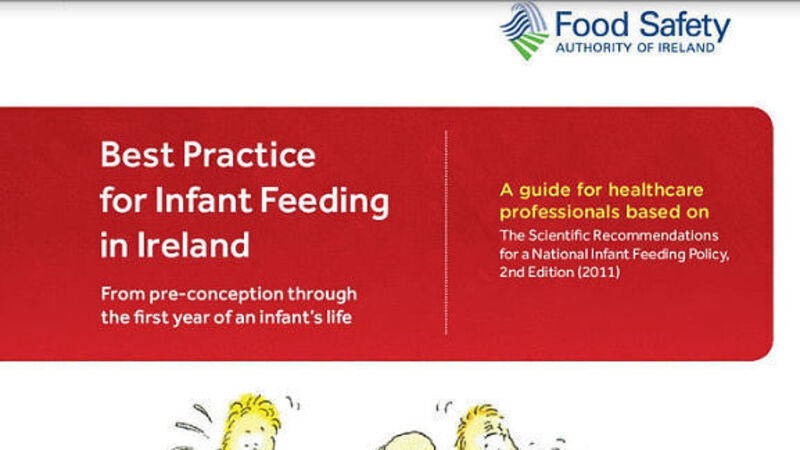FSAI: Infants are not 'small adults'

A doctor with the Food Safety Authority of Ireland (FSAI) has said that health problems that affect many adults in Ireland may be down to how they were fed as babies.
A scientific report published today by the FSAI highlights key recommendations to improve the nation’s baby feeding patterns and nutrition.













